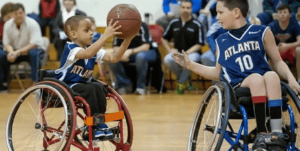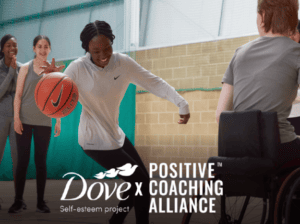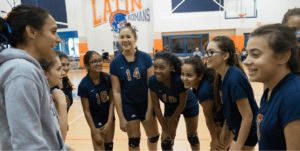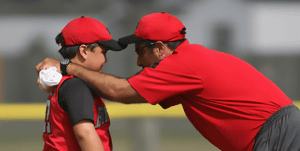WHY [SPORTS] EQUITY MATTERS
Sports participation is a golden opportunity to equip youth with tools to help them have positive experiences and successful futures.
UNFORTUNATELY SYSTEMIC BARRIERS EXIST
The systemic barriers that hinder access to the positive benefits of youth sports create a "Sports Equity Gap." This Gap refers to the disparities in access to youth sports experienced by children in low-income communities when compared to their more affluent peers. These barriers limit the opportunities for children from low-income communities to equitably participate in and benefit from youth sports.
WHAT ARE SOME OF THE CHALLENGES?
- Black and Latinx youth are 2x as likely to reside in areas with subpar park space per capita.
- Kids from households below $25k are 5x less likely to participate in sports.
- 80 percent of young people, many living in households below the federal poverty level, do not meet federal guidelines for daily physical activity.
- Kids in low-income communities have an obesity rate that is nearly 2x higher than kids from affluent communities.
- Youth ages 6-18 from low-income homes quit sports because of the financial costs at 6x the rate of kids from high-income homes.
(Source: Project Play) - Latina girls have the lowest participation rates.
Source: The LA84 Foundation
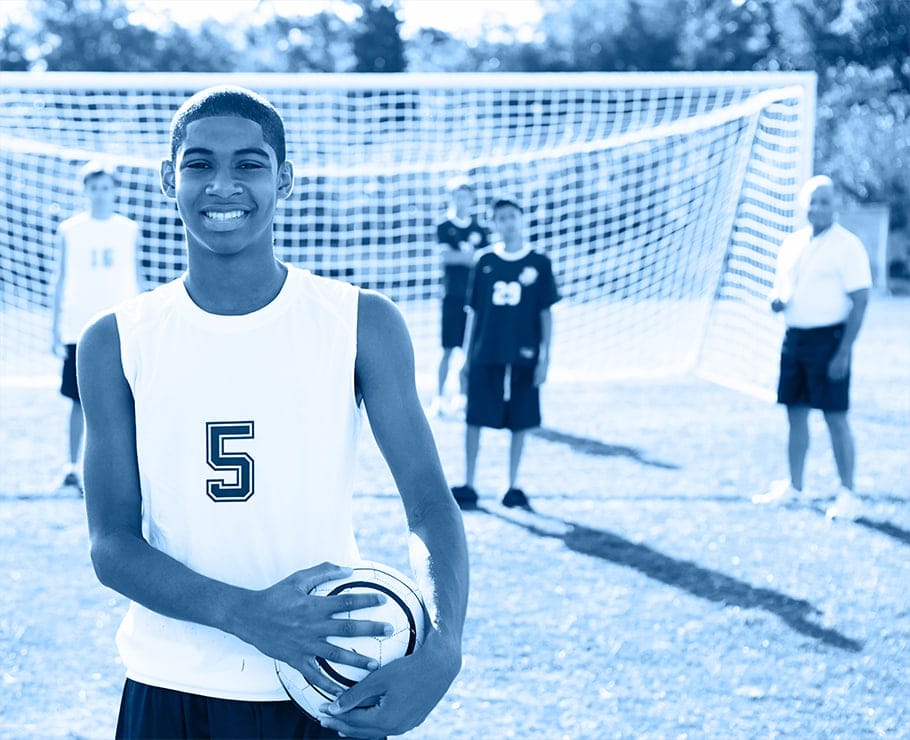
HOW IS PCA IMPROVING EQUITY?
PCA’s Sports Equity Initiative seeks to unlock the transformative power of sports by working to address and eliminate the barriers to participation experienced by kids in low-income communities across the country, so that EVERY child, has access to a positive youth sports experience.
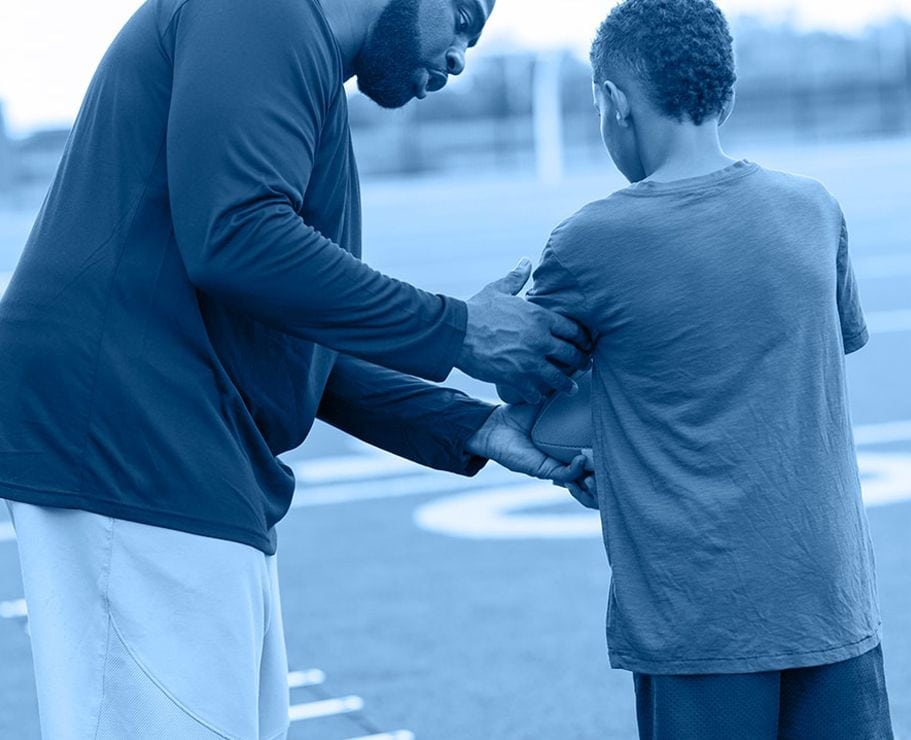
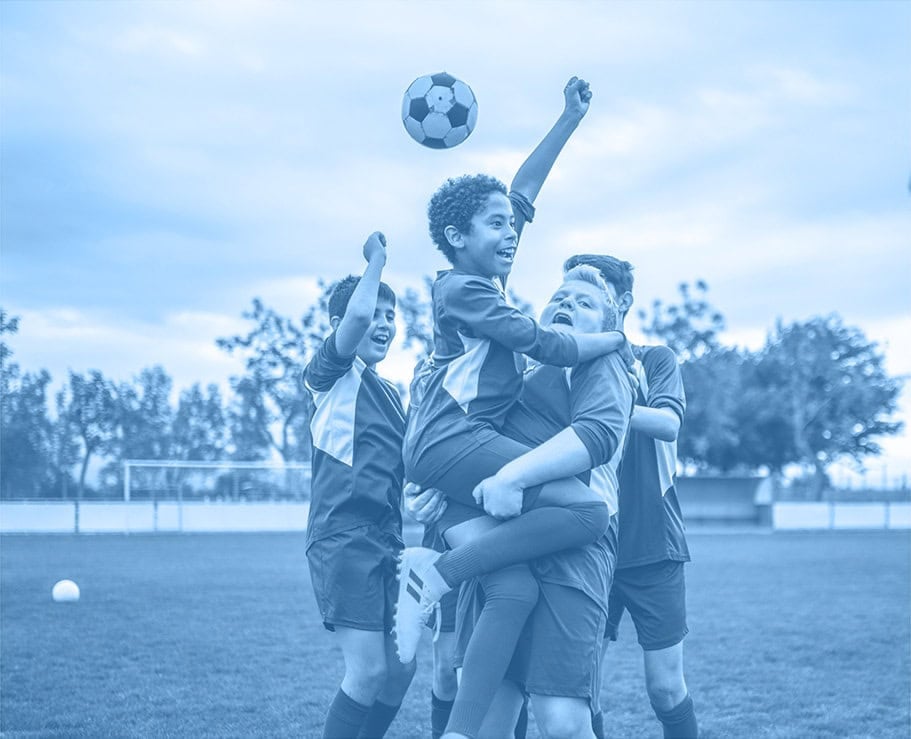
WHY EQUITY IN OUTCOMES?
When PCA says equity in youth sports, we’re talking about equal access AND equal outcomes for kids living in low-income communities. Our goal is to see equal outcomes in measures such as (but not limited to):
- Equal opportunities to take the field, court, pool, etc.
- Long-term participation
- Youth feel their participation experience has been positive
Though “equity” and “equality” are often used interchangeably, they serve different roles. Equality emphasizes access—like getting into college, finding housing, or joining youth sports. However, to achieve true equity and address deeper disparities that exist, equal access must be paired with fair and equal outcomes for all involved.


